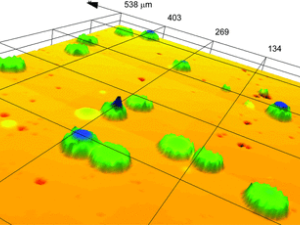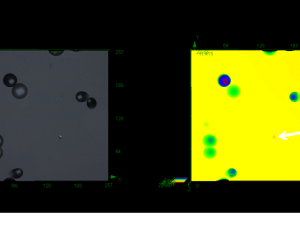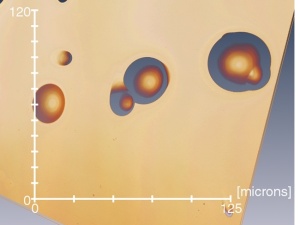Chitosan Coated Alginate Beads as Probiotic Delivery System for New Zealand Black Footed Abalone (Haliotis iris)
Abstract
The potential benefits of probiotics for growth of black-footed abalone (Haliotis iris) have been highlighted in previous studies. However, traditional methods of probiotic administration in aquaculture are inefficient due to environmental contamination and loss of bacterial viability. This study investigates a new delivery system for delivery of probiotics to H. iris. An extrusion technique coupled with ionotropic gelation was utilized to produce chitosan coated alginate beads (CCALG). Concentration of alginate, chitosan, and coating time were optimized to obtain beads with a desired morphology, stability, sinking time, and release profile. The results showed that increasing alginate concentration up to 1.5% w/w can improve the morphological characteristics of the beads while reducing the sinking time in seawater. Chitosan coating improved the stability of beads and reduced the release of the encapsulated probiotics in seawater. A higher probiotic load was found in the digestive tract of animals fed with CCALG beads (1.3 × 108 CFU) compared to the control group (6 × 103 CFU). High palatability and stability of CCALG beads in seawater combined with controlled release of viable probiotics show that encapsulation of probiotics in CCALG beads is an efficient method for delivery of probiotics in aquaculture.
Full text:
Source: Photo credit: Fat Jackey/Shutterstock_153344501



